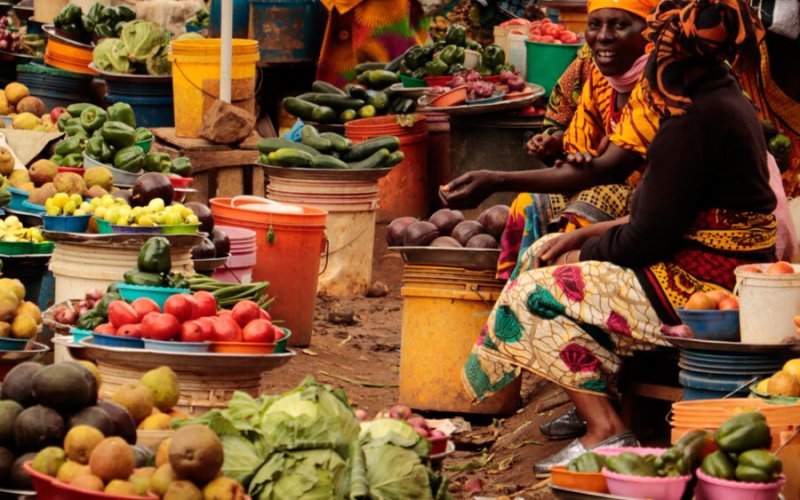Wild relatives of modern crops deemed crucial for food security are being pushed to the brink of extinction, according to the International Union for Conservation of Nature.
More than 20 rice, wheat and yam plants have been listed as threatened on the latest version of the IUCN’s Red list.
The wild plants are being squeezed out by intensive farming, deforestation and urban sprawl, say scientists.
Modern crops can be crossbred with their wild cousins to safeguard foods.
”To lose them would be a disaster,” said Dr Nigel Maxted of the University of Birmingham, who is co-chair of the IUCN’s specialist group on crop wild relatives.
”It would be much more difficult to maintain food security without them.”
Commercial crops have lost genetic diversity. They are vulnerable to the effects of climate change, which may bring drought, diseases and new pests.
Work is under way to breed new varieties of grains, cereals and vegetables by crossing them with tough, wild species that can grow in a range of habitats, such as mountains, deserts or salt marshes.
These efforts rely on protecting plants related to modern food crops at the sites where they grow in the wild as well as preserving their seeds in gene banks.
Read full, original post: IUCN Red List: Wild crops listed as threatened































